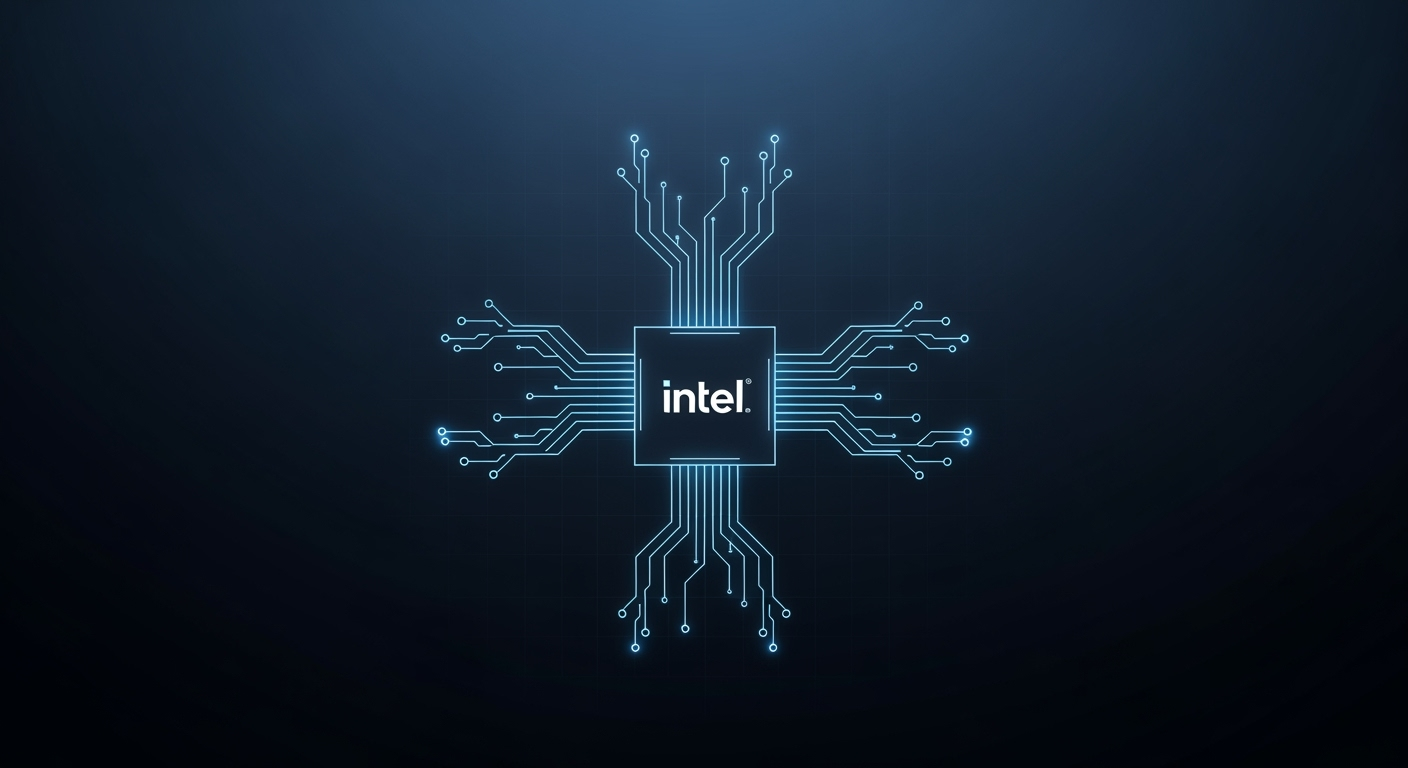New US Deal Limits Intel’s Options to Sell or Spin Off Foundry Business

US Government’s Stake Ties Intel’s Hands on Foundry Unit
The Trump administration has finalized a deal with Intel that gives the US government a 10% equity stake in Intel’s foundry business, a move aimed at keeping advanced chip manufacturing within the United States. The agreement, shared by Intel CFO David Zinsner at a recent Deutsche Bank conference, introduces significant barriers for Intel if it tries to spin off or sell its foundry unit in the coming years.
Key Details of the Deal
- Government Stake: The US government now holds a 10% equity position in Intel’s foundry division, which produces custom chips for third-party clients.
- Warrant Provision: The deal includes a five-year warrant. If Intel reduces its equity in the foundry business below 51%, the government can purchase an additional 5% of Intel shares at $20 each.
- Payout: Intel received $5.7 billion in cash as part of this agreement, funded by previously awarded but unpaid grants under the CHIPS and Science Act.
What This Means for Intel
This structure is designed to discourage Intel from divesting or spinning off its foundry unit, a move many analysts and investors have pushed for due to the division’s ongoing financial losses. Intel’s foundry business posted an operating loss of $3.1 billion last quarter, raising concerns about its long-term sustainability.
Despite these losses, the government’s investment signals a commitment to keep semiconductor manufacturing on US soil, countering the industry’s trend of outsourcing to overseas giants like TSMC. According to Zinsner, “they didn’t want to see us take the business and spin it off or sell it to somebody,” highlighting the administration’s intent to retain domestic control over chip production capacity.
Industry and Investor Reaction
The move has generated debate within the semiconductor sector. Some believe the warrant effectively forces Intel to maintain an unprofitable business unit for at least five years, potentially impacting its overall financial health. Calls to spin out the foundry business intensified last year after former CEO Pat Gelsinger’s abrupt retirement, but this deal makes such a move highly unlikely in the near term.
Intel itself has declined to comment further beyond Zinsner’s public statements, while the White House notes that details of the agreement are still being finalized.
What’s Next?
As the US continues to invest in domestic chip manufacturing, Intel’s foundry unit will remain a focal point in the ongoing effort to secure the country’s semiconductor supply chain. Whether this approach will position Intel for future success—or prolong its financial challenges—remains to be seen.
References
- TechCrunch: Trump administration’s big Intel investment comes from already awarded grants
- Financial Times: New details on the Intel deal
- Reuters: Intel says it received US grant
- TechCrunch: Why the U.S. government is not the savior Intel needs
- TechCrunch: Intel AI chip deal and foundry plans
- TechCrunch: Intel CEO Pat Gelsinger retires
- TechCrunch: Trump administration’s deal is structured to prevent Intel from selling foundry unit





